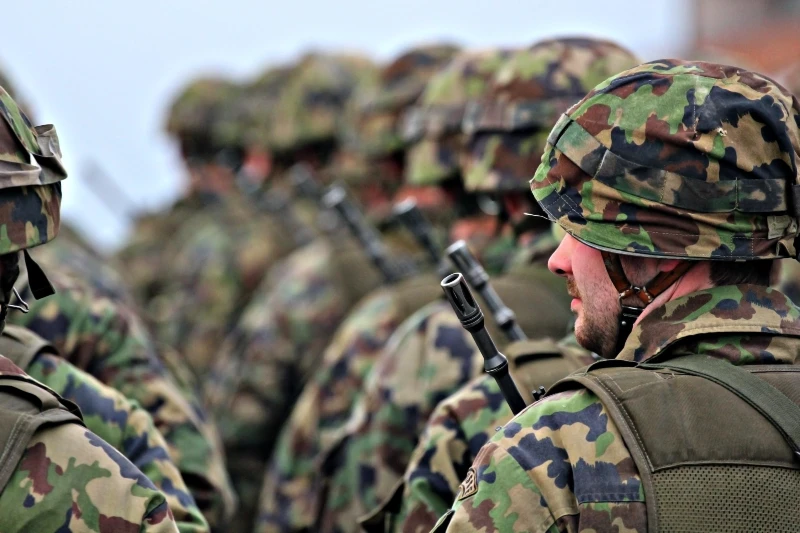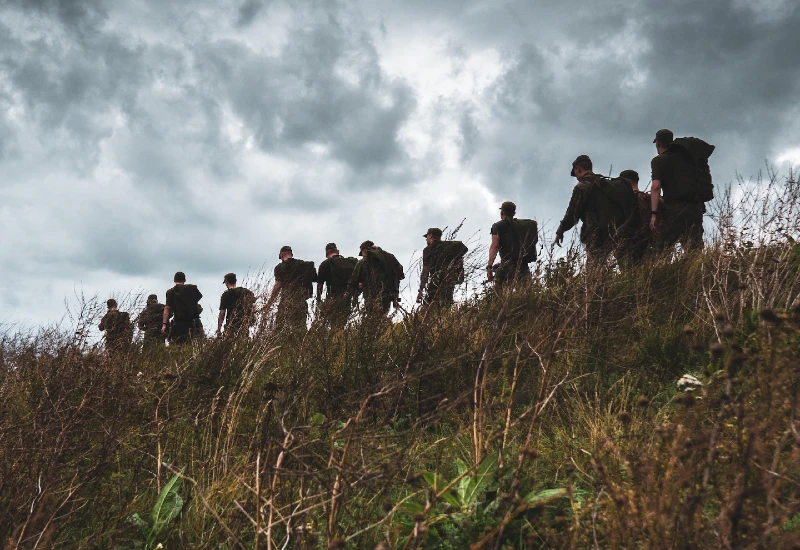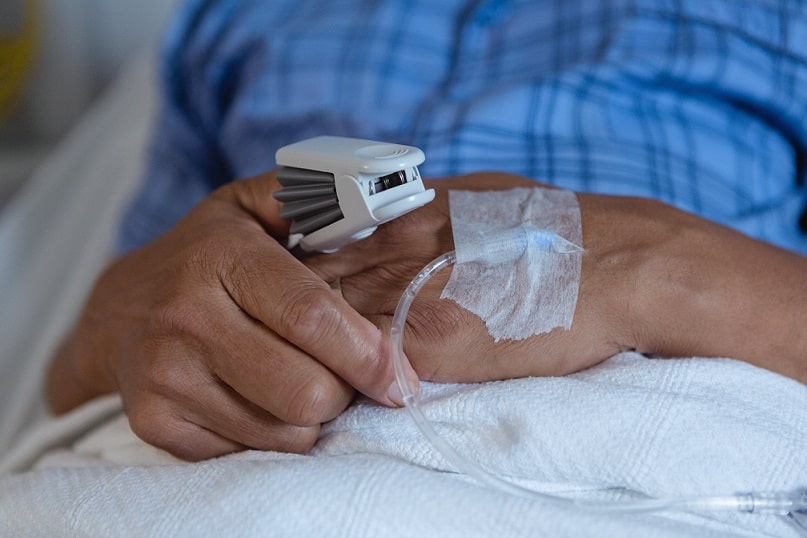Lariam has been linked to varying levels of depression, psychological conditions, and violent behavioural changes

Developed in the 1970's by the U.S. army, Lariam is known to have serious side-effects resulting in a rapid decline in the use of the anti-malarial drug over the last few years, with alternatives increasing in popularity. Despite this, British troops touring aboard are still being prescribed the drug, with thousands using it for years despite serious concerns being raised.
Lariam has been linked to varying levels of depression, psychological conditions, and violent behavioural changes; all of which are serious given the nature of the work our brave soldiers undertake in such challenging conditions.
Despite the drug being banned and discredited by many around the world, the British Ministry of Defence have rejected appeals to stop use of the drug, and continue to prescribe it to this day.




